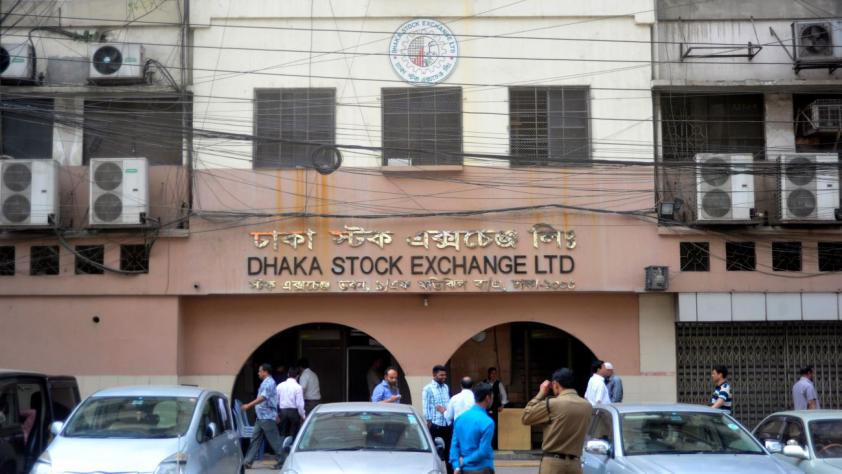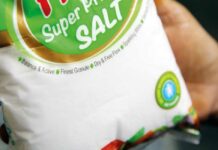The trial of a long pending case on 1996’s stockmarket scam will start on Sunday in the special tribunal formed for quick disposal of stockmarket-related lawsuits.
The case involves Rakibur Rahman, a former president of Dhaka Stock Exchange, and AS Shahudul Islam Bulbul, a former director of the premier bourse. The then government probe report found their involvement in the share market scam.
The special tribunal is scheduled to receive depositions of the plaintiff, Bangladesh Securities and Exchange Commission that filed the case in 1997, said Masud Rana Khan, a lawyer for the stockmarket regulator.
This case is one of the 15 cases filed by BSEC against 38 individuals, eight listed companies and six brokerage firms on charges of manipulating share prices through fraudulent means in 1996.
Starting with a base of 350 points, the share price index of the DSE rose as high as 3,648.75 points on November 5, 1996. The following day it started falling and it came down to 462 points in May 1999.
The share prices of listed companies soared abnormally even by several hundred times before the crash, which left millions of investors penniless.
After the crash, the then Awami League-led government on December 26, 1996 formed a probe committee headed by Aminul Islam, who was the vice-chancellor of Jahangirnagar University at the time.
DSE members Rakibur Rahman and AS Shahudul Huque Bulbul were directors of Chittagong Cement and Clinker and Grinding Company, now known as Heidelberg Cement, according to the report.
Although the BSEC directed them to step down from the posts, they continued to stay as directors in the company, whose prices crossed Tk 18,000 per share in 1996 against its book value of Tk 134.
One of the directors of the company transferred a large number of shares during the July-November period of 1996 to one of his relatives that were sold in the market, the probe report said, without mentioning any name.
The BSEC had also inquired about the sale of shares by the company to outsiders (Indian and Iranian nationals) bypassing the DSE and Chittagong Stock Exchange. There was no satisfactory reply from the company, which is also a defendant of the case.
During the period, some shares were sold by foreign investors, and there were some price-sensitive announcements when the prices peaked, the committee found.
These clearly indicate an act of manipulation and these dealings come within mischief under a section of the Securities and Exchange Ordinance, the report had said.
Although the cases on the 1996 scam were filed 18 years ago, there were no major developments.
After recommendations from another probe report on the stockmarket crash of 2011, the Securities and Exchange Ordinance 1969 was amended in parliament in November 2012, empowering the government to set up special tribunals to try such cases.
The much-awaited special tribunal for the capital market began its judicial functions last month to quickly dispose of the stockmarket related cases.
Justice Humayun Kabir, judge of the tribunal, in a landmark verdict on August 3 sentenced Mahbub Sarwar, a manipulator, to two years in prison for illegally influencing the stockmarket through blogs and websites.
Source: The Daily Star










